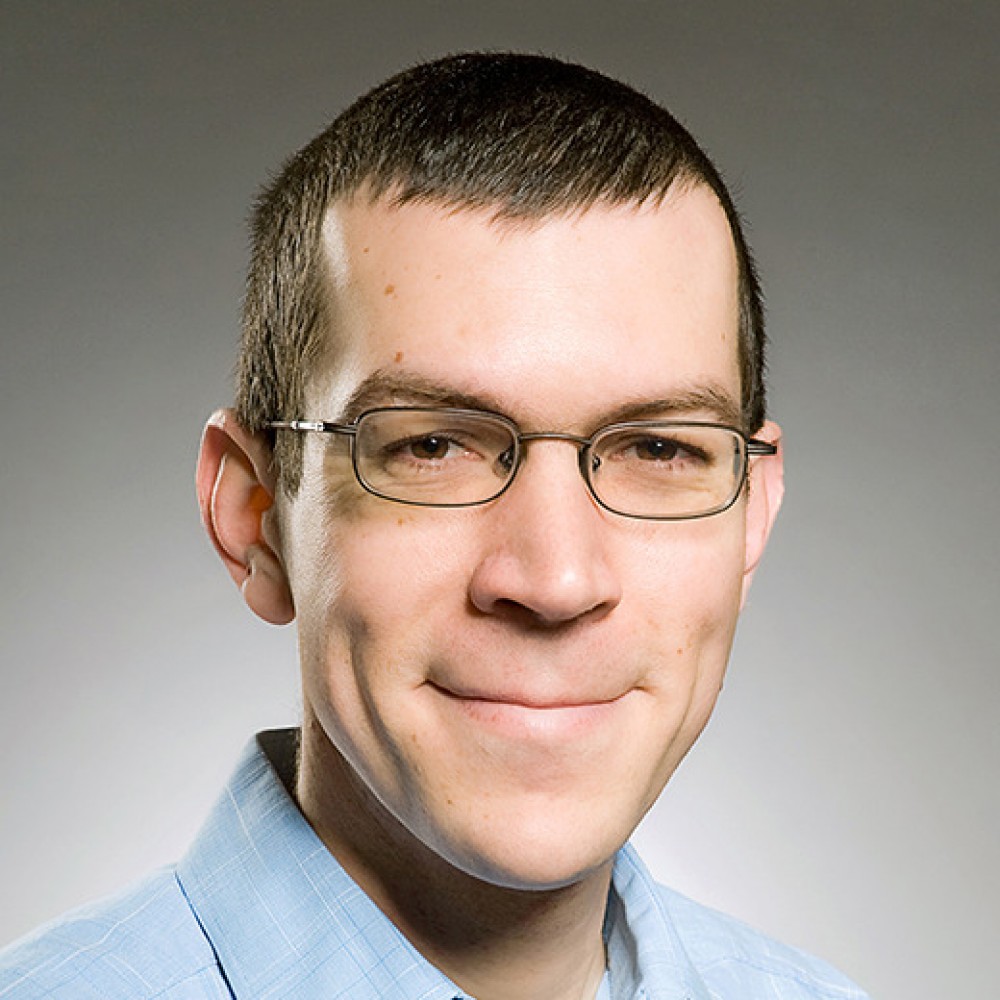Participants
‹ Back
Mr Ákos Lencsés
Head of Institutional Coordination, Hungarian Electronic Information Service National Programme, Library and Information Centre of the Hungarian Academy of Sciences
CV
Ákos Lencsés is Head of Institutional Coordination at the Hungarian Electronic Information Service National Programme (EISZ) at the Library and Information Centre of the Hungarian Academy of Sciences. EISZ, as the Hungarian national consortium for e-resources, provides access to more than 60 scientific journal collections and databases for 240 member institutions. The consortium is also an early adopter of transformative Open Access agreements in Eastern Europe. In the past years, OA agreements were signed with Elsevier, Springer Nature, Wiley, Taylor & Francis, American Chemical Society, De Gruyter, Royal Society of Chemistry, and the Hungarian publisher Akadémiai Kiadó in order to make Hungarian research more open.
Ákos was trained as librarian and mathematician at Eötvös Loránd University, and has been working actively as a librarian since 2002. He helds lectures on library and information science at the Kodolányi János University, and at the Hungarian Library Institute of National Széchényi Library. He is member of the Scientific Committee on Statistics and Future Research of the Hungarian Academy of Sciences. Between 2014 and 2017 he was chair of the History of Statistics Section of the Hungarian Statistical Association. He was awarded with the prize ’Young Librarian of the Year’ in 2012 by the Association of Hungarian Librarians, and the Alliance of Libraries and Information Institutes.
Abstract
Abstract:The pressure on researchers and science funders became bigger and bigger to rethink the strategy of science, and make it more useful for society. Open science can help to build a new way of science for the future. Openness means to share everything: publications, research data, methodology, infrastructure, software – and share these with all possible partners: scientists from other fields, industry partners, and the whole community. This also means that everybody has the right to participate in science, this is the ’human rights of science’.
Open science has many different aspects and definitions, but the main pillars are: transparency, integrity, quality, and usability. Thanks to openness, there is the possibility to integrate all the different voices and aspects. Open science should not be responsive, but proactive for the society – scientists need to work together with policy makers and citizens. The tools of the digital era help to facilitate the open science movement in the public.
Open science has the chance to reestablish trust in science. The willingness to communicate, and to explain the scientific results is crutial in this process. This is a task not only for scientists, but media experts as well.
Science funders also have role in changing the system: to provide infrastructure for open science. Funding systems need to be changed: not only publishing outcome should be required for grants, but to provide reproducibility, transparency, and openness. Publishers need to help this process as well, promoting openness with less administrative burden on scientists.
Open science platforms can help to bring ideas together, so that borders could not stop science: being global should be key part of the system. The scientific landscape is fragmented at the moment, the knowledge is isoleted, and many times researchers are not able to integrate the results. The research system needs bridges, and openness can help to solve these issues.
Openness is the essential interest of researchers, policy makers, and the public as well – changes will never happen in closed science.